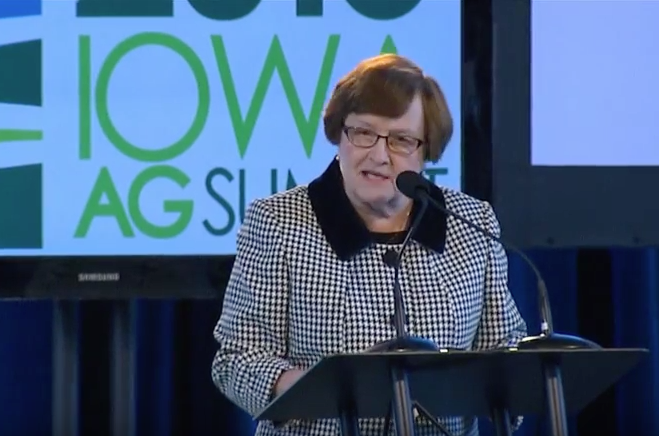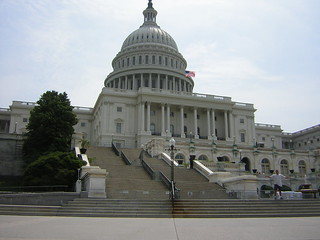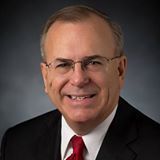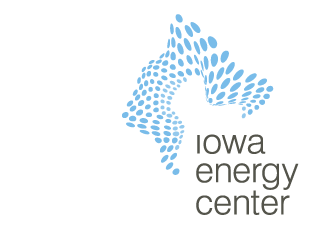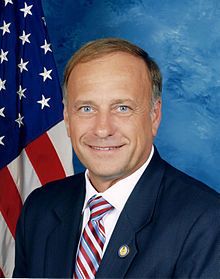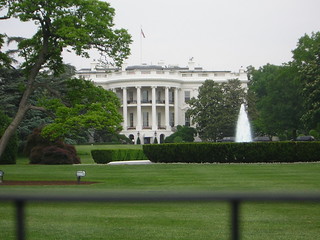How much do Ted Cruz’s fellow U.S. Senate Republicans not want him to be their party’s standard-bearer? So much that Senator Chuck Grassley introduced Donald Trump at a rally in Pella this afternoon, telling the crowd, “We have an opportunity once again to make America great again.”
Technically, Grassley didn’t endorse Trump for president, and aides for the senator told Jennifer Jacobs of the Des Moines Register that Grassley “will introduce Marco Rubio at the candidate’s Iowa rally next Saturday.” Still, it sends a strong message when a politician of Grassley’s stature echoes Trump’s campaign slogan at a rally for Trump. Anna Palmer reported for Politico from Pella,
“I’m excited to be invited to be here. I’m excited as I see so many large crowd at various events around Iowa,” Grassley said. “I’m excited to see the big crowds because of the big energy that comes with it and we’ve got to keep up this energy that’s shown here today and many other places around Iowa because that is what is going to take for us to win back the White House in November.”
Grassley endorsed his Senate colleague Bob Dole before the 1988 and 1996 Iowa caucuses and supported the establishment’s choice George W. Bush before the 2000 caucuses, but he didn’t pick a candidate out of the crowded GOP fields in 2008 or 2012. On January 11, Grassley told Alex Schuman,
“I’ve told all these candidates as long as eight months ago that I wasn’t going to get involved,” he said Monday. “I’ve told them I wasn’t going to back anybody. I think I’m a person who has a great deal of credibility. My word is good.”
Sen. Grassley continued, “I think it would hurt my credibility if I were to step out for that person or any other person right now.”
Speaking to Politico’s Burgess Everett on January 20, Grassley criticized Cruz’s stand on various energy issues and said he respected Governor Terry Branstad’s call the previous day for Iowans to defeat the Texas senator. But Grassley added that he “won’t get political about it” and campaign against Cruz. I wonder what changed his mind over the past few days. My hunch is that some internal polling is showing Cruz way ahead of others in the field. Although Trump is occupying an outsider niche in this presidential race, it could hardly be more clear that Cruz is the candidate most widely hated by the Republican establishment.
UPDATE/CORRECTION: On second thought, leave Grassley out of the “anyone but Cruz” establishment crowd. Shortly after the Trump event, Jason Noble reported for the Des Moines Register, “Several other campaigns – including those of candidates Ben Carson, Chris Christie and Rand Paul – confirmed they had received offers in recent days to appear with Grassley.” On Saturday evening, the Cruz campaign told Teddy Schleifer that Grassley will appear at a Cruz rally on January 29. So the senior senator appears to be making himself available to all the presidential candidates during the final days of the caucus race.
P.S.- Senator Grassley’s grandson, State Representative Pat Grassley, has not endorsed a presidential candidate this cycle. Grassley is the new Iowa House Appropriations Committee chair and widely considered a likely candidate for Iowa secretary of agriculture in 2018, assuming the current holder of that office, Bill Northey, runs for governor.
Continue Reading...




